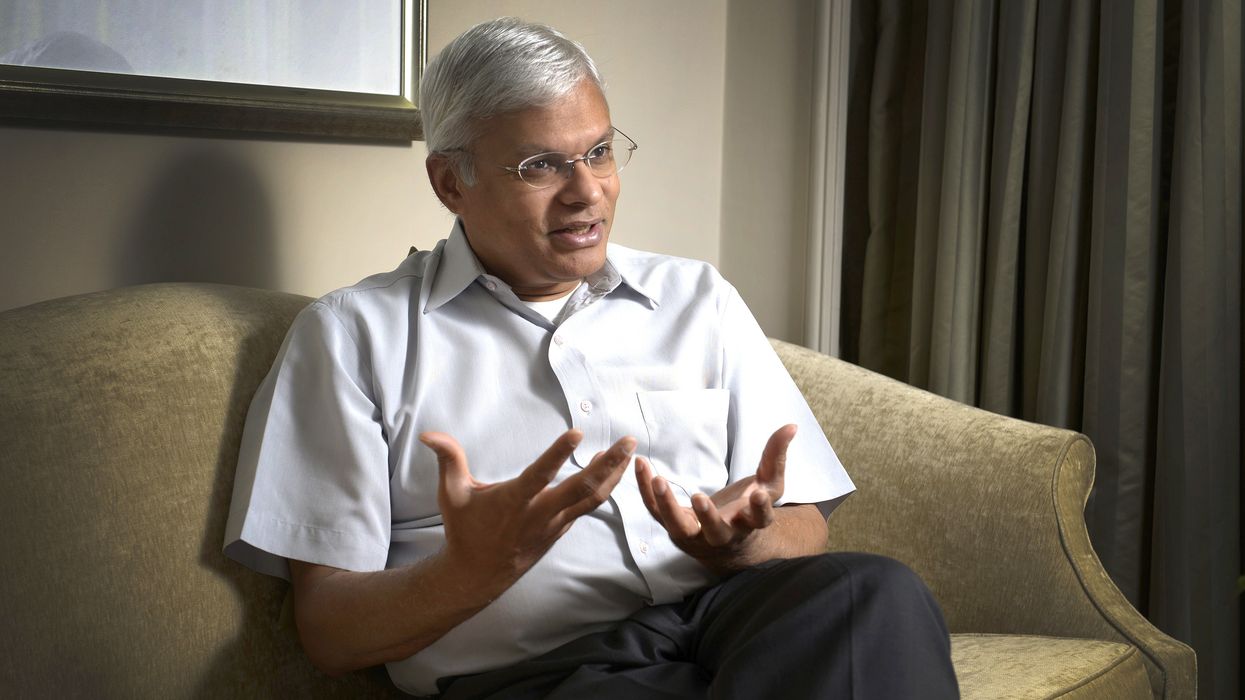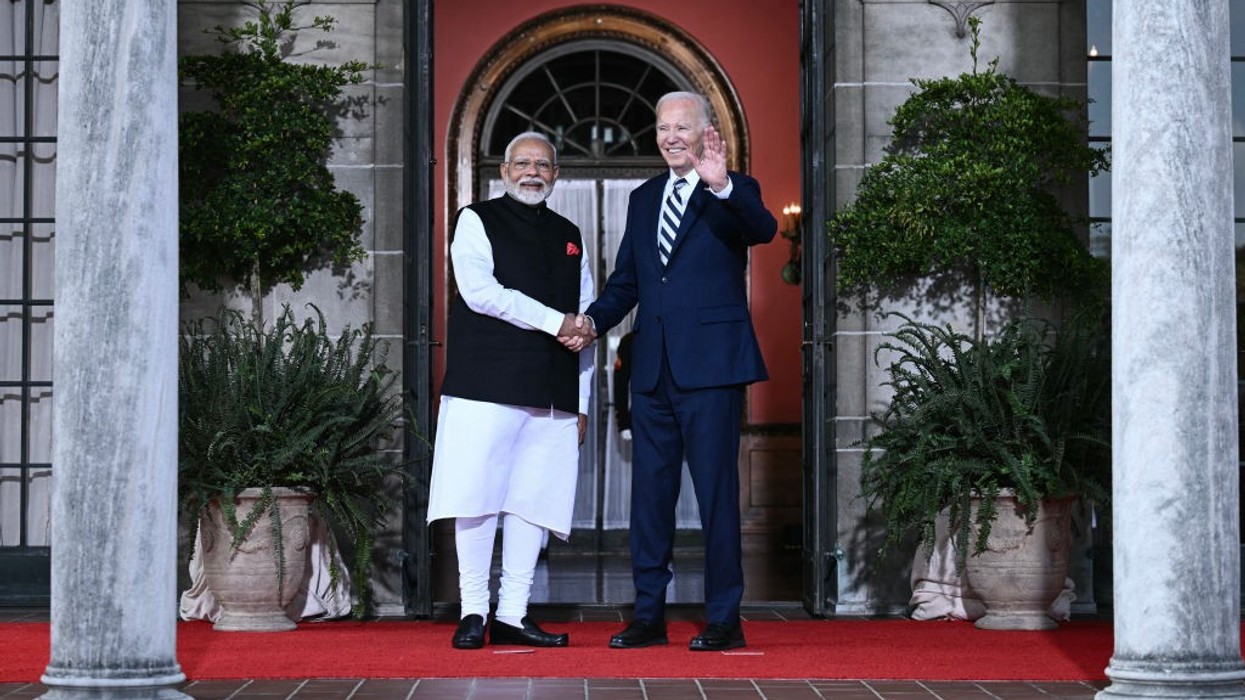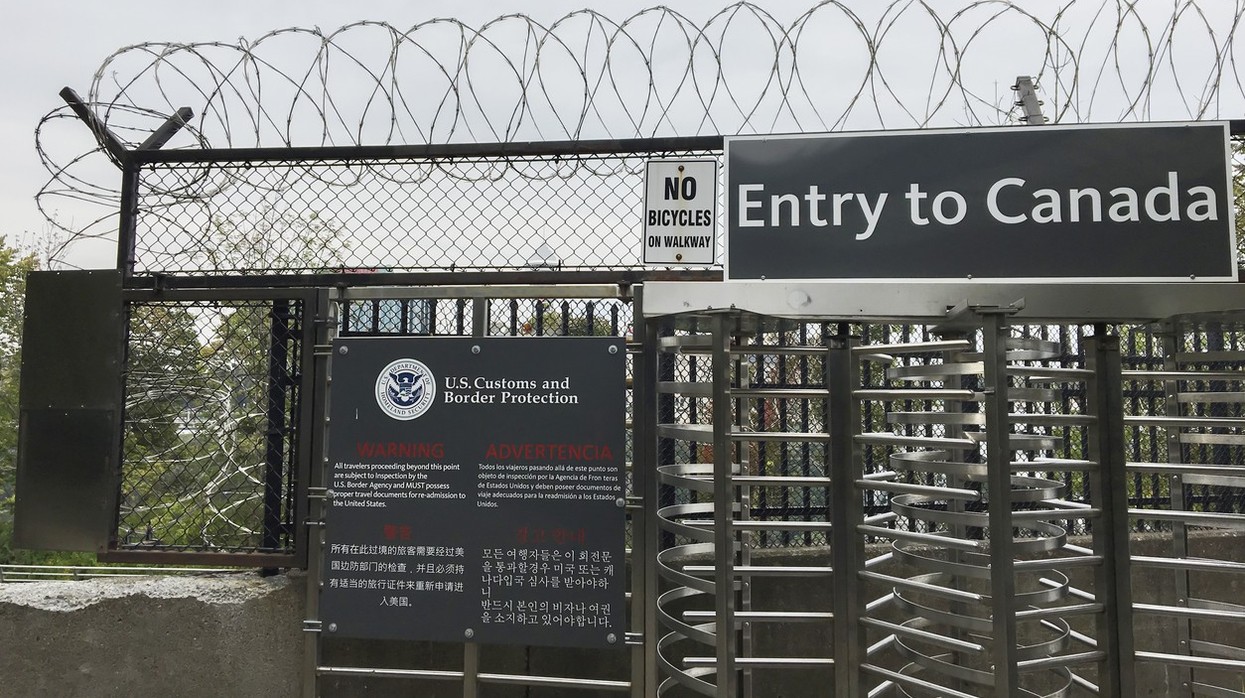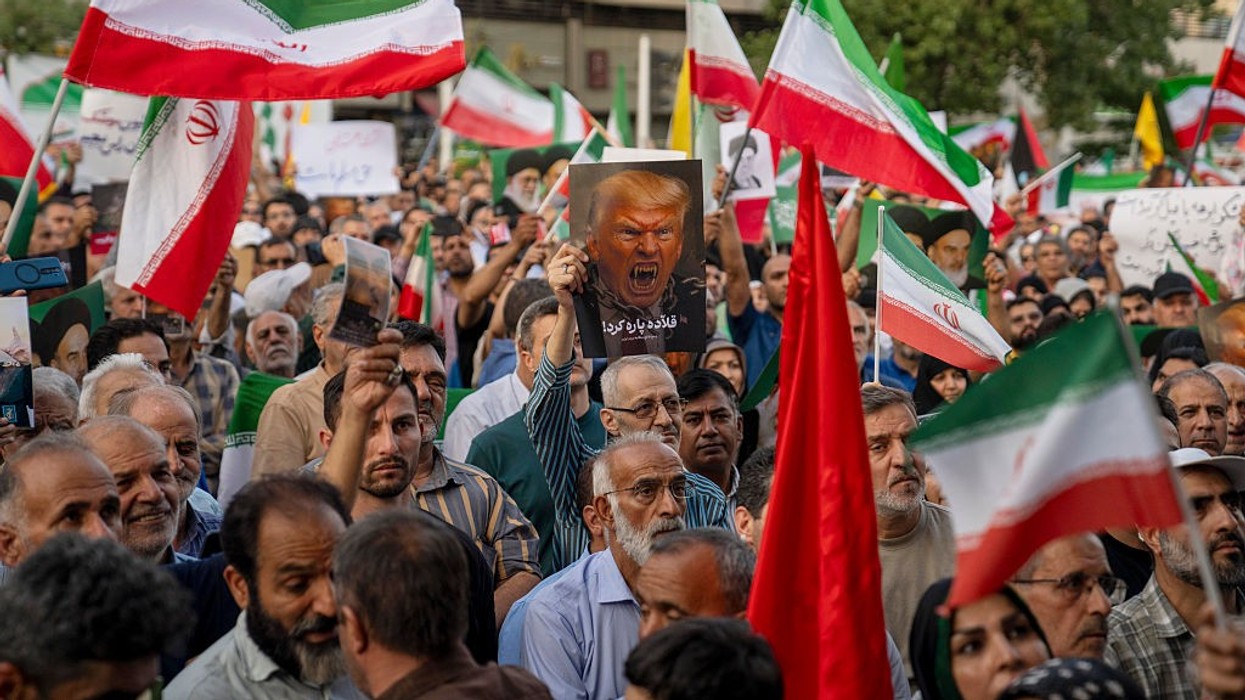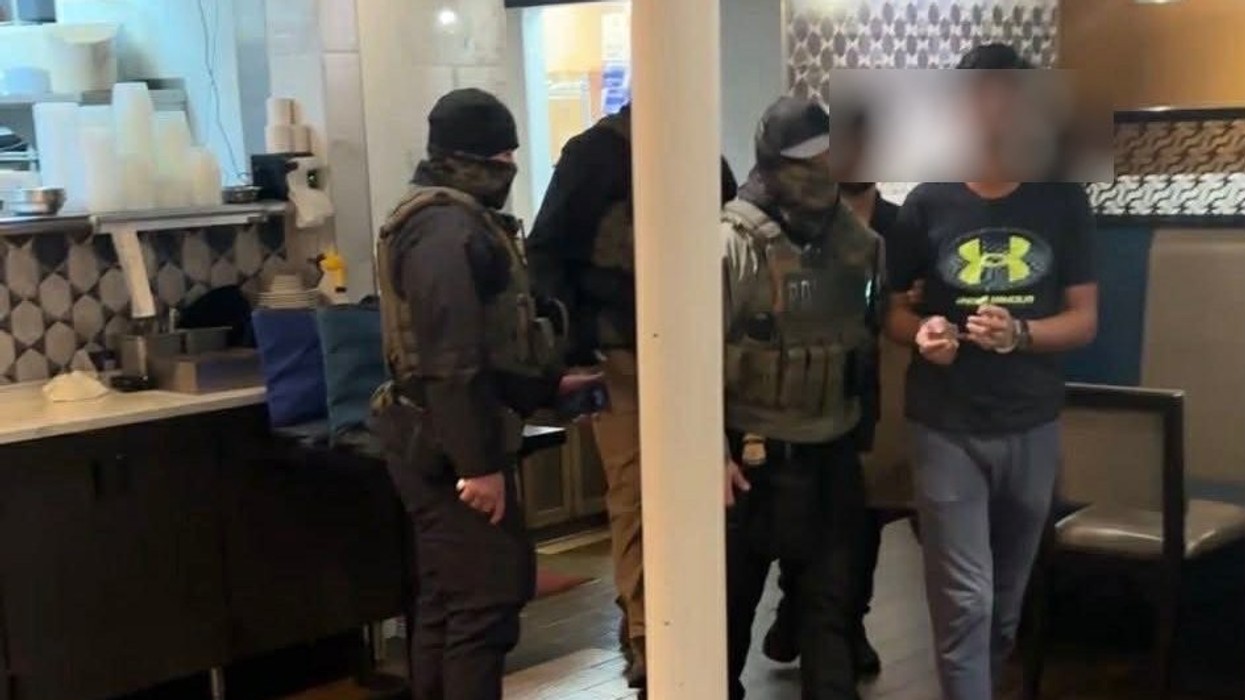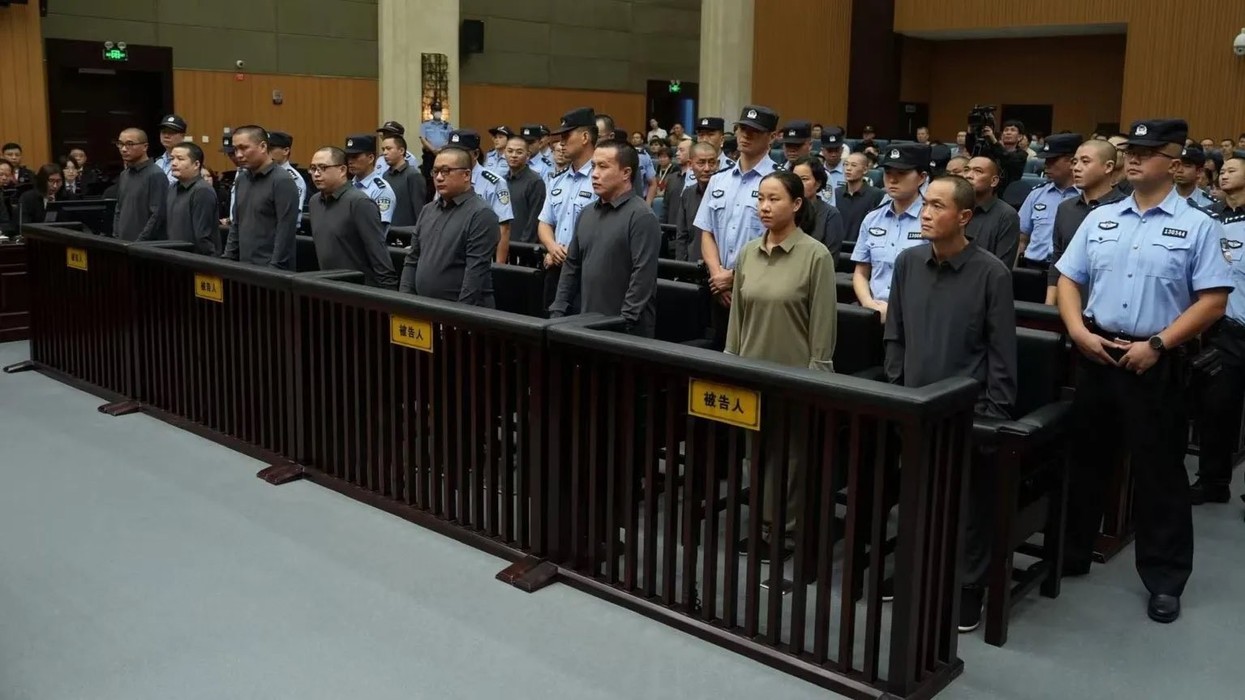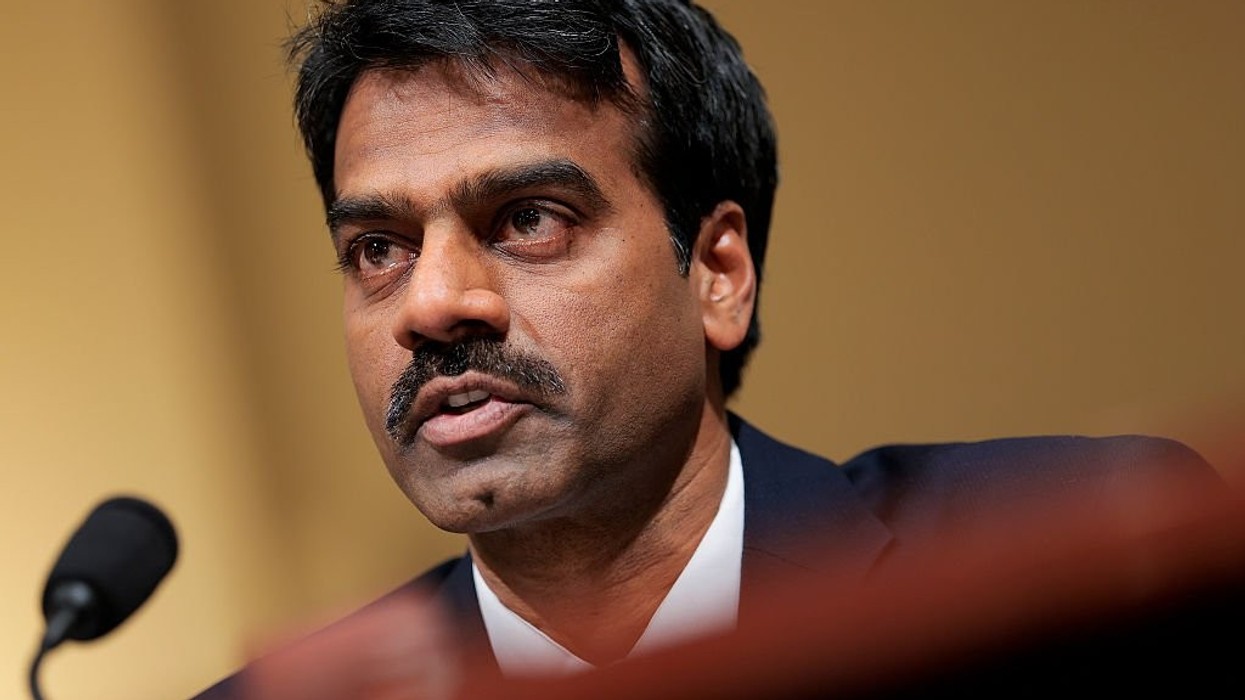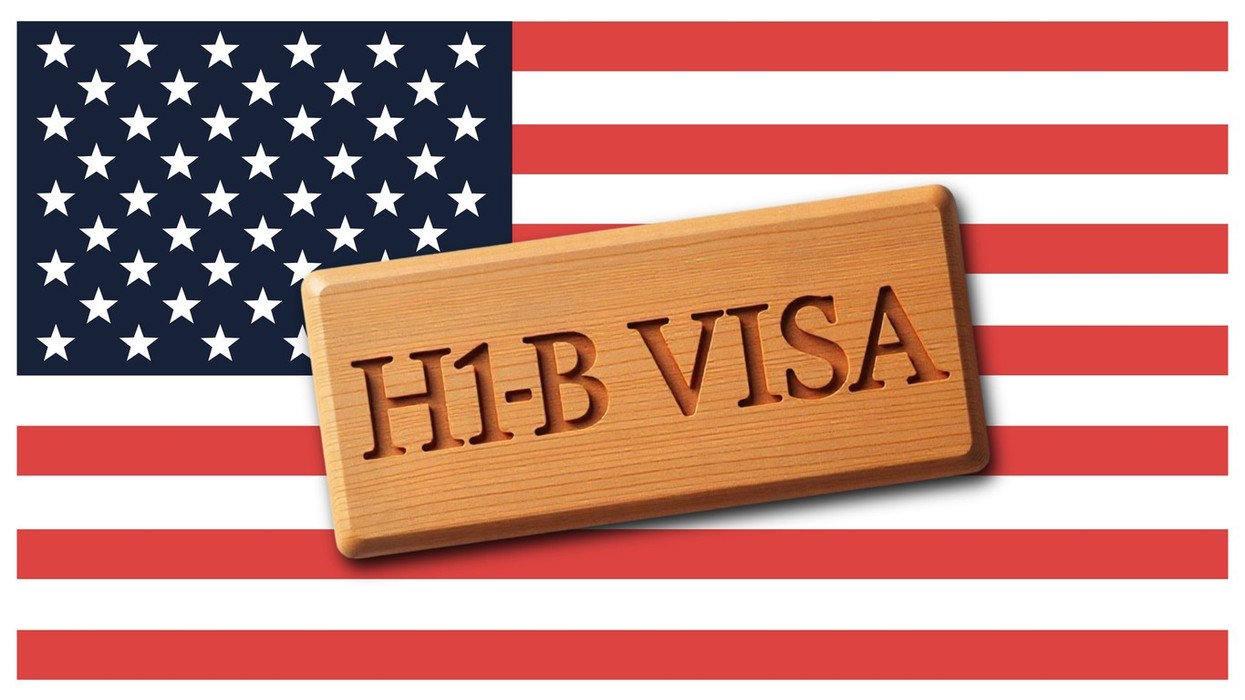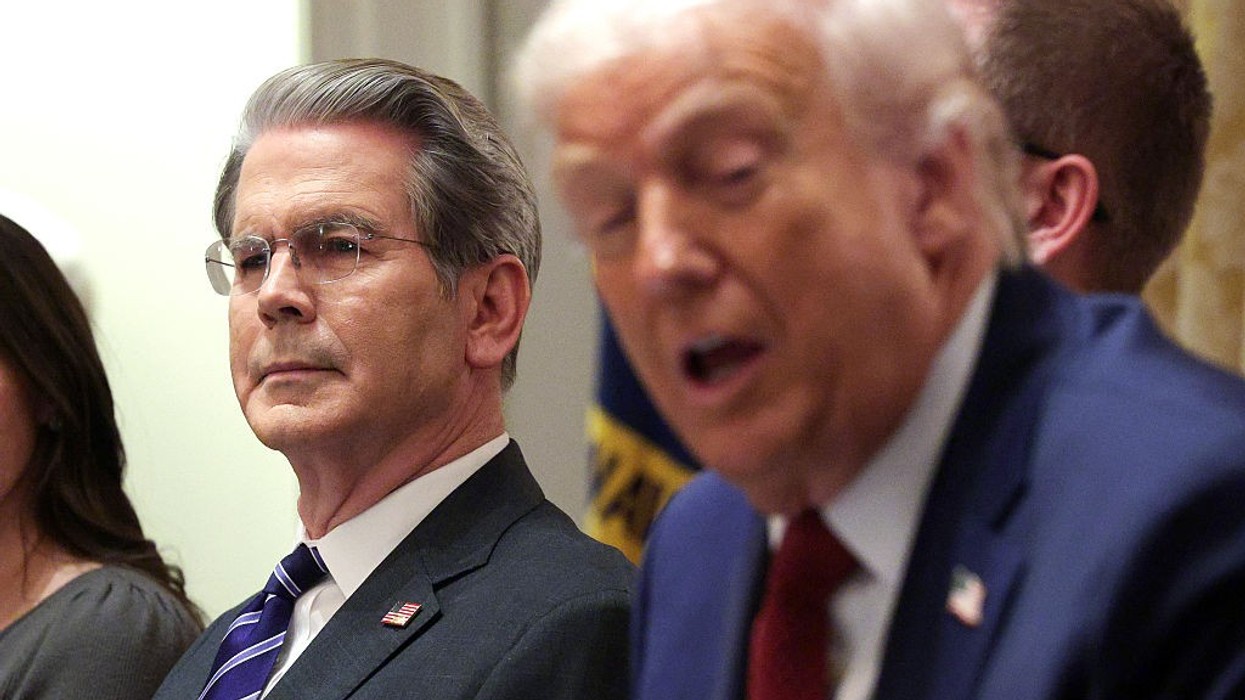The arrest of Ashley J Tellis, an Indian-American geopolitical strategist, by the FBI has caused shockwaves across India and sparked a fierce political war of words. Tellis, a respected but controversial voice on India-US relations, was arrested over the weekend and charged on Monday (13) with unlawfully retaining classified national defence information.
Upbringing of Tellis and the reason for the case
Born and educated in Mumbai, the 64-year-old Tellis is a senior fellow and Tata Chair for Strategic Affairs at the Carnegie Endowment for International Peace in Washington, DC. The US Justice Department said he had accessed secret files from both the State Department and the Defence Department, copied them, and stored them at his Virginia home. More than a thousand pages of top-secret and secret material were recovered, according to investigators.
An FBI affidavit revealed that Tellis had been under surveillance for months, possibly years, and had held meetings with Chinese government officials during this period. His arrest immediately drew strong reactions in India, with political parties interpreting it through partisan lenses.
Indian political parties reacted
“Irrespective of what the FBI finds on Tellis, we Indians should be clear that he was not a 'scholar' but a deep state asset,” said economist and PMEAC member Sanjeev Sanyal on X (formerly Twitter), suggesting the investigation could reveal his foreign connections. BJP IT cell chief Amit Malviya accused Tellis of being part of “forces working against India” and “celebrated by the Opposition,” while sharing his past interviews with journalists critical of the Modi government.
Opposition leaders, however, hit back. Priyanka Chaturvedi of the Indian party Shiv Sena (Uddhav Thackeray faction) said Tellis was 'neither an Indian expert, nor of South Asia, just a sellout to the highest bidder.'
At the same time, some strategic analysts questioned whether the arrest was politically motivated. Former diplomat KC Singh described Tellis as “an outstanding analyst of diplomacy and defence” and wondered if the case reflected “revenge for past criticism” of the Trump administration.
Worked for Republican and Democratic governments
Tellis’s professional background adds to the intrigue. He has worked with both Republican and Democratic administrations, including serving as Special Assistant to President George W. Bush on the National Security Council and helping design the Indo-US Civil Nuclear Deal (2005–08).
His later writings, however, were critical of the current Indian government. His 2023 essay America’s Bad Bet on India argued that New Delhi wouldn’t fully side with Washington against Beijing, while his August 2025 piece India’s Great-Power Delusions drew ire in Indian political circles.
Amid the uproar, commentators like Sandip Ghose have called for a domestic probe into Tellis’s connections in India — questioning whether he advised Indian politicians or acted on behalf of foreign interests.
A scholar who went rogue
Adding to the confusion, many initially mixed up the arrested Tellis with another well-known figure — Dr Ashley Tellis, an Indian academic, writer, and LGBTQ+ activist. This second Tellis is a literary scholar and gender studies professor in India, known for his works on postcolonialism and queer politics, and has no connection to the ongoing espionage case.
The arrest of Ashley J. Tellis, a high-profile voice on Indo-US relations, has therefore not only raised serious questions about national security but also exposed deep political divisions over his legacy, influence, and loyalties.
